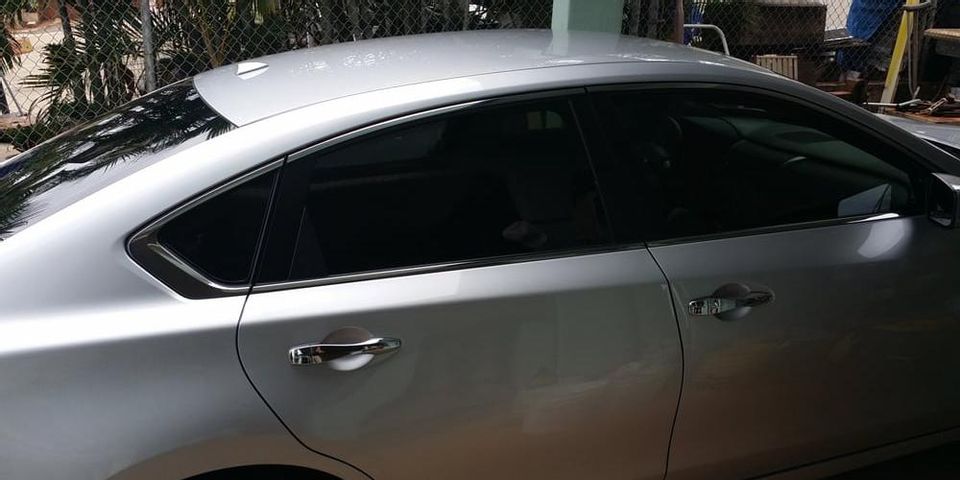The Importance of Car Window Tinting

Car window tinting is the process of darkening the glass on the sides and back of your vehicle. This is sometimes done during manufacturing, though you’ll often benefit from aftermarket tinting options as well. Find out more about how car window tinting works to keep both you and your car safe in the guide below.
Window Tinting Process
Your car windows can be tinted aftermarket by using original equipment manufacturer (OEM) tinted glass or a film tint. OEM tint is less common and more expensive. Adding a mixture into the glass during manufacturing creates the tint. The dealership can complete this process on a vehicle before it’s purchased, or a licensed mechanic can take care of it for new windows.
Film tint is less expensive. It involves adhering a polymer film to the window. While you could try applying the film yourself, a mechanic or dealer will have the experience and tools to do so without bubbling.
Different Levels of Tint
 Tinting is measured by visible light transmission (VLT) levels: the more light it blocks, the lower the VLT. Cars with factory tints have a VLT of 75–85%. OEM and film tints are customizable, ranging anywhere from 2–90%. Always consider the tint laws in your state before making a decision on VLT.
Tinting is measured by visible light transmission (VLT) levels: the more light it blocks, the lower the VLT. Cars with factory tints have a VLT of 75–85%. OEM and film tints are customizable, ranging anywhere from 2–90%. Always consider the tint laws in your state before making a decision on VLT.
Benefits of Car Window Tinting
While many drivers darken their windows for privacy and heat reduction, car window tinting also blocks over 99% of UV radiation, the overexposure of which can lead to skin cancer. Tinted windows still let in 80% of visible light, so vision isn’t compromised while driving. Filtering out harmful light protects your car’s interior too, increasing its resale value and overall longevity.
Protect your family and your vehicle with professional car window tinting from Ohana Tinting. The Kapolei, HI-based company uses a state-of-the art vinyl cutting machine and thousands of vehicle templates to install perfectly sized window tints. Plus, they offers films in over 50 shades. Learn more about their window tinting services online, or call (808) 636-6551 to request a free estimate.
About the Business
Have a question? Ask the experts!
Send your question

